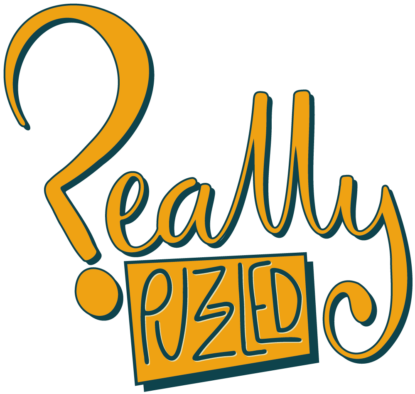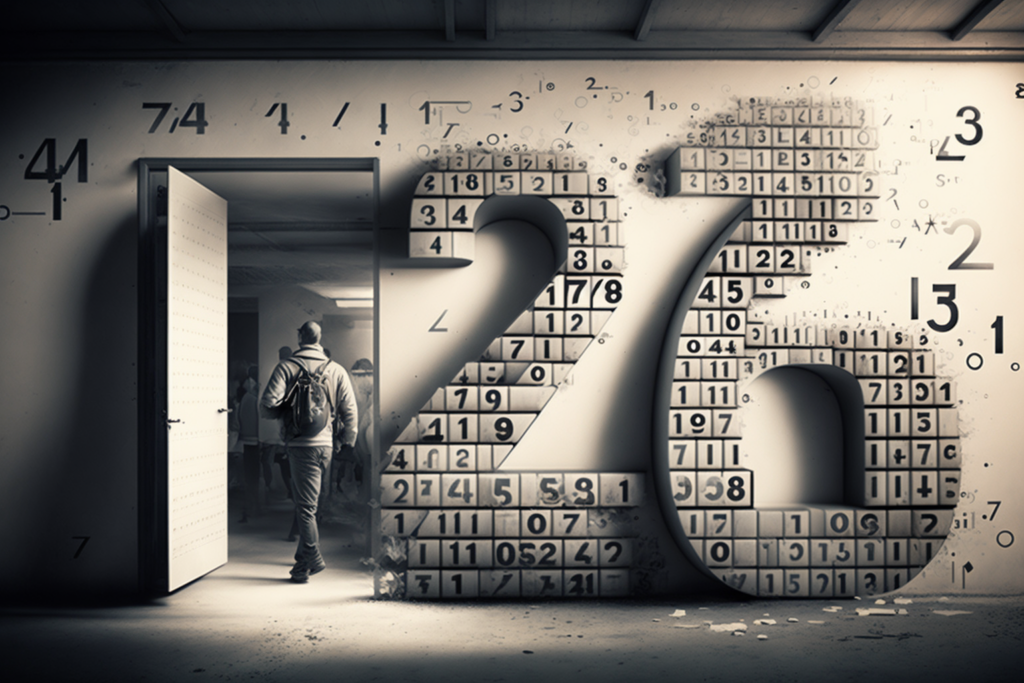Puzzles have been around for centuries and have been enjoyed by generations of people. But what is the purpose of puzzles? Puzzles have been used to help children learn, to entertain, to challenge the mind, and to provide a sense of accomplishment. In this blog post, we will explore the history of puzzles, the benefits of puzzles, and why puzzles are so popular.
Puzzles come in many forms and can range from simple jigsaw puzzles to complex crosswords and riddles. Puzzles can be used to help children learn problem-solving skills, develop fine motor skills, and improve cognitive skills. Puzzles can also help adults to stay mentally sharp and improve their memory. Additionally, puzzles can provide a sense of accomplishment and help to reduce stress.
The history of puzzles dates back centuries and puzzles have evolved over time, with many different types of puzzles being created to challenge the mind. Puzzles have been used to entertain, to educate, and to provide a sense of accomplishment.
The benefits of puzzles are numerous. They can help to improve cognitive skills, reduce stress, and provide a sense of accomplishment. Puzzles can also help to improve memory, develop problem-solving skills, and improve fine motor skills. Additionally, puzzles can be used to entertain and provide a fun and engaging activity for people of all ages.
The purpose of puzzles is multifaceted and can be beneficial for people of all ages. Puzzles can help with developing problem-solving skills, improving cognitive function, and enhancing creativity. Let’s explore each of these benefits in more detail.
Developing Problem-Solving Skills
Puzzles are a great way to help develop problem-solving skills. This is because puzzles are designed to challenge the brain and require a certain level of analytical thinking in order to solve them. Completing puzzles can help to strengthen problem-solving skills and can even help to improve critical thinking.
When completing puzzles, it is important to take a step-by-step approach in order to solve them. This can help to teach people how to break down complex problems into smaller, more manageable pieces. This can be a great skill to have in everyday life, as it can help to make difficult tasks easier to tackle.
Improving Cognitive Function
Puzzles can also help to improve cognitive function. This is because puzzles require intense concentration and focus in order to complete them. This helps to stimulate the brain and can help to improve memory, concentration, and focus.
In addition, puzzles can help to improve mental acuity. This is because puzzles require a certain level of mental dexterity in order to solve them. This can help to improve cognitive skills such as reasoning, logic, and spatial awareness.
Enhancing Creativity
Finally, puzzles can also help to enhance creativity. This is because puzzles require creative thinking in order to solve them. This can help to stimulate creative thinking and can help to improve creative problem-solving skills.
In addition, puzzles can be a great way to explore different ways of thinking. This can help to expand the mind and can help to open up new possibilities for creative solutions.
Puzzles can help to stimulate the mind and can help to open up new possibilities for creative solutions. Whether you are looking to improve your problem-solving skills, cognitive function, or creativity, puzzles can be a great way to challenge yourself and to develop new skills.
What are the Different Types of Puzzles?
Puzzles come in a variety of shapes and sizes, and can range from simple to complex. Some of the most popular types of puzzles include jigsaw puzzles, crosswords, word searches, Sudoku, logic puzzles, and brainteasers.
- Jigsaw puzzles are the classic type of puzzle, and typically consist of a picture that is divided into small pieces. The challenge is to put the pieces together to form the complete picture.
- Crosswords are puzzles that contain a grid of squares and clues. The goal is to fill in the squares with words that match the clues.
- Word searches are puzzles that contain a grid of letters and hidden words. The goal is to find the hidden words by scanning the grid of letters.
- Sudoku is a logic puzzle that consists of a grid of numbers. The challenge is to fill in the grid with the correct numbers so that each row, column, and 3×3 box contains the numbers 1-9.
- Logic puzzles are puzzles that require the player to solve a logical problem. The challenge is to use logic and reasoning to figure out the solution.
- Brainteasers are puzzles that require the player to use their mental skills to solve the puzzle. Brainteasers can range from simple riddles to complex mathematical problems.
How do Puzzles Help Improve Cognitive Function?
Puzzles can help improve cognitive function in several ways. Puzzles can help strengthen the connections between neurons in the brain, which can improve memory and learning. Puzzles can also help improve problem-solving skills, logical thinking, and creative thinking. In addition, puzzles can help increase focus and concentration, which can improve overall cognitive function.
How Can Puzzles Help Develop Problem-Solving Skills?
Puzzles can help develop problem-solving skills in several ways. Puzzles can help teach the player how to break down a problem into smaller parts, which can help them figure out the solution. Puzzles can also help the player learn how to think outside the box and come up with creative solutions. In addition, puzzles can help the player learn how to analyze a situation and identify patterns.
Are Puzzles Good for Brain Development?
Puzzles can be beneficial for brain development. Puzzles can help stimulate the brain and keep it active, which can help improve cognitive function. Puzzles can also help develop problem-solving skills, logical thinking, and creative thinking. In addition, puzzles can help increase focus and concentration, which can improve overall cognitive function.
Puzzles are an important part of life. They help us to develop problem-solving skills, increase our creativity, and can even be used to teach us about different topics. Puzzles can also help us to relax and unwind, or to challenge ourselves and push our limits. Whether we are solving a jigsaw puzzle, a crossword, or a math problem, puzzles can provide us with a great way to pass the time and keep our minds active.
We should all try to incorporate puzzles into our lives. Whether we are looking for a way to relax or a new challenge, puzzles can provide us with an enjoyable and rewarding experience. By taking the time to explore different types of puzzles, we can find the ones that work best for us and make sure that we are getting the most out of the experience.
In conclusion, puzzles are an important and rewarding part of life. They can help us to develop problem-solving skills, increase our creativity, and even teach us new things. Puzzles can also provide us with a great way to relax, unwind, and challenge ourselves. So, why not take the time to explore the world of puzzles and see what they have to offer? You never know what kind of interesting and exciting experiences you may find.

